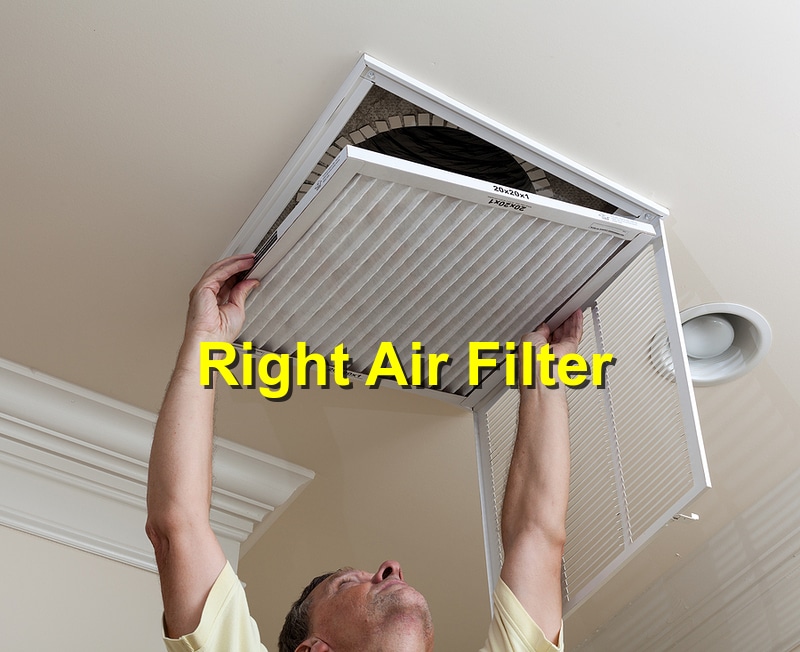Selecting the right air filter for your HVAC system is crucial for maintaining indoor air quality and system efficiency. Learn about different types of filters, MERV ratings, and factors to consider when choosing an air filter for your home:
- Filter Types: Explore different types of air filters, including fiberglass, pleated, electrostatic, and HEPA filters. Fiberglass filters are inexpensive but offer minimal filtration, while pleated filters capture smaller particles and provide better air quality. Electrostatic filters use static electricity to attract and trap particles, while HEPA filters offer the highest level of filtration for allergy and asthma relief.
- MERV Ratings: Understand Minimum Efficiency Reporting Value (MERV) ratings to gauge the effectiveness of air filters. MERV ratings range from 1 to 16, with higher ratings indicating better filtration efficiency. Consider your indoor air quality needs and HVAC system requirements when selecting a filter with an appropriate MERV rating.
- Filtration Efficiency: Evaluate the filtration efficiency of air filters based on their MERV ratings and particle capture capabilities. Higher MERV-rated filters can capture smaller particles, including dust, pollen, pet dander, and bacteria, improving indoor air quality and reducing respiratory health risks.
- System Compatibility: Ensure compatibility between the selected air filter and your HVAC system. Check the manufacturer’s specifications and recommendations to determine the appropriate filter size, thickness, and compatibility with your system’s airflow requirements. Improperly sized or incompatible filters can restrict airflow and reduce system efficiency.
- Allergen and Particle Removal: Consider specific filtration needs, such as allergy relief or particle removal, when choosing an air filter. HEPA filters are highly effective at capturing allergens and microscopic particles, making them ideal for allergy sufferers and homes with high indoor air pollution levels.
- Maintenance Requirements: Assess the maintenance requirements of air filters, including replacement frequency and cost. Disposable filters should be replaced every 1 to 3 months, depending on usage and environmental factors, while washable or reusable filters require regular cleaning to maintain optimal performance.
- Budget and Long-Term Costs: Balance upfront costs with long-term benefits and maintenance expenses when selecting an air filter for your HVAC system. Consider investing in higher-quality filters with better filtration efficiency and longer service life to achieve cost savings and improved indoor air quality over time.
By choosing the right air filter for your HVAC system, you can effectively remove airborne contaminants, improve indoor air quality, and maintain optimal system performance. Consider factors such as filter type, MERV rating, filtration efficiency, system compatibility, maintenance requirements, and budget to make an informed decision that meets your home’s unique needs.
References: StilesServices, GreenLeafAIr

